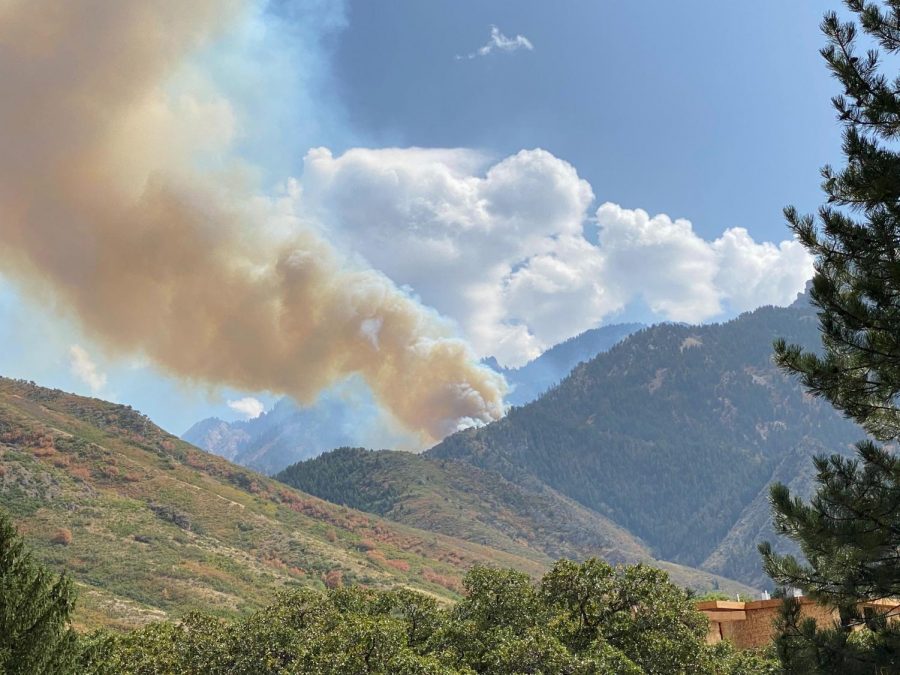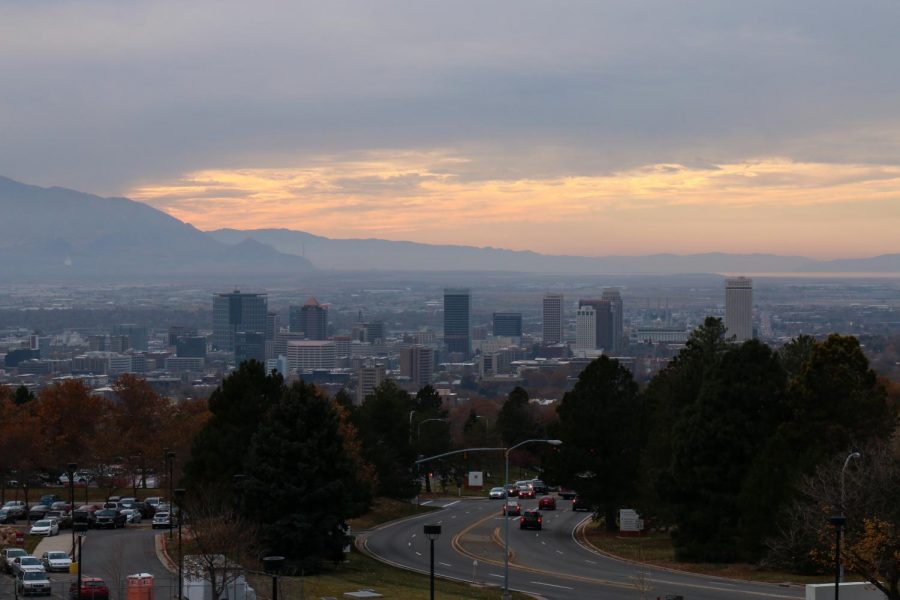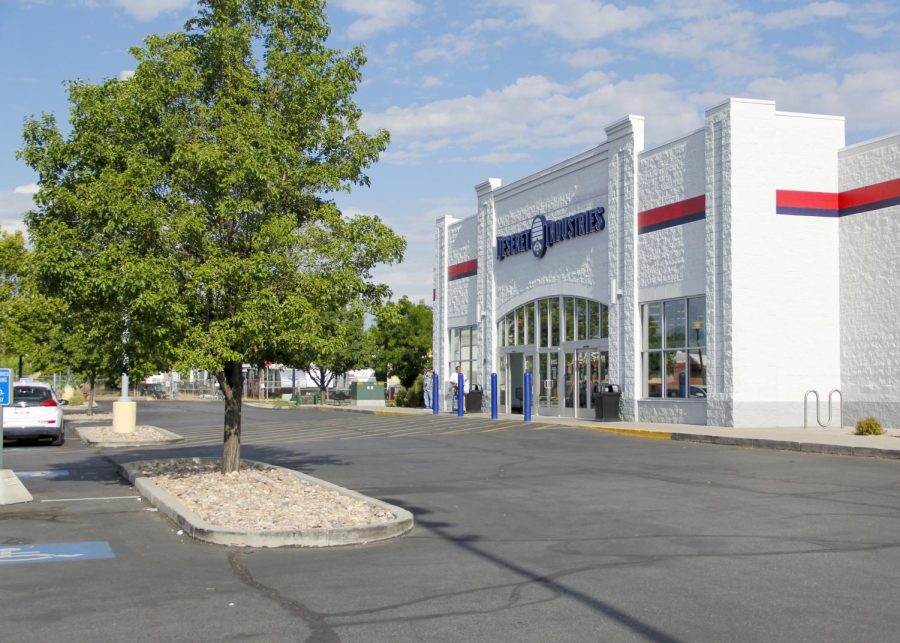Weglinski: Presidential Debates Must Focus on Climate Change
October 7, 2020
The giant Metronome digital clock in New York recently revealed a new message. Curated by climate activists Andrew Boyd and Gan Golan, the display screen now flashes an unnerving reality: “The Earth has a deadline.” Down to the second, the “Climate Clock” counts the time left for us to act before irreversible damage is inflicted on the planet — just a little over seven years. Even with this unsettling news — and plentiful evidence of its reality — politicians have failed to act on multiple occasions.
None of the 2016 presidential debates featured a question on climate change. In fact, environmental issues garnered only five minutes and twenty-seven seconds in overall speech time, with Hillary Clinton taking most of the credit. In fairness, 2012 was worse — zero minutes were dedicated to addressing the climate crisis that year. These upcoming election debates will likely look no different. Chris Wallace, Fox News host and moderator of the first 2020 presidential debate, announced a list of issues he intended to discuss, including COVID-19, the economy, the Supreme Court and other topics — but, unsurprisingly, the climate crisis did not make the cut. That’s a problem because talking about climate change is more crucial than ever before. As our communities face the effects of poor and corrupt environmental decision-making in this country, it’s vital that the 2020 presidential debates shed light on this issue.
Over the course of the century, the level of greenhouse gases in our atmosphere has reached an all-time high. Human activities are largely to blame for rising carbon emissions — the more fossil fuels we burn, the warmer the Earth gets. Although these effects may seem gradual and harmless at first, the long-term implications can be devastating for our planet.
We can see the impact of climate change in every pocket of the world. The United States has recently been home to many natural disasters which are linked to climate change — like the wildfires surging on the West Coast. As of this writing, these fires have burned over 3.9 million acres and forced more than 53,000 people to evacuate their homes in California alone. While the state is known for its dry temperatures and fire seasons, climate scientists say that global warming is to blame for the intensity of fires this year. Unfortunately, this example is just one of many incidents in the US — from hurricanes to heat waves — that are a result of climate change.
Moreover, this issue doesn’t target everyone equally. Poor communities and people of color are disproportionately affected by climate change. These groups suffer the worst due to factors such as environmental racism and lack of healthcare. On top of that, young people must brace themselves for their future. Around two-thirds of millennials and Gen Zers say they’re concerned about climate change. In fact, this demographic is sometimes nicknamed the “climate change generation.” Activist and scientist Geoffrey Supran describes this group as a “generation of young people born into a warming world, who will be alive to see which climate model scenario plays out, and who have spent — and will spend — essentially our entire adult lives fighting for a just and stable future.”
In contrast, only 56% of Baby Boomers and older generations are worried about global warming. This age group won’t be around by the time the worst hits, leaving the responsibility of containing global temperatures to below 1.5º C of warming and reducing carbon emissions to almost half of the current amount to my peers and me. Ultimately, we will have to pay for the poor decision making of our elders.
The upcoming election is happening at a turning point in the history of our climate, so climate change needs to be a focus at the presidential debates. In a recent open letter to the 2020 debate moderators, the leaders of 43 progressive organizations wrote, “As moderators, it is your responsibility to ensure all candidates provide clear answers on their specific plans to protect communities from the climate emergency starting on day one and throughout their term.” Debates are rare opportunities for presidential candidates to speak directly to American voters about prominent issues; moderators need to use their platform to shed light on this on-going crisis.
We can’t talk about racial inequality, public health, democracy and so on without addressing the environmental crisis at hand. As someone who will face the worst impacts of global warming, I believe moderators need to highlight this issue during the presidential debates. We deserve to be told what our next leader will do to curb the devastating effects of climate change.












